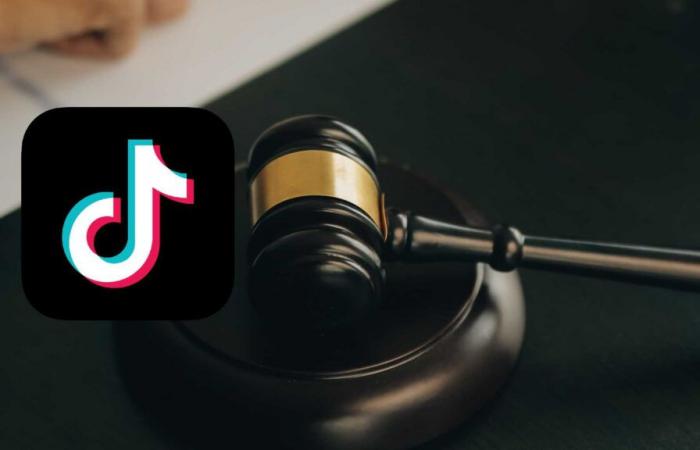Albania is preparing to accomplish a drastic step in the European panorama of social media control: a total ban on TikTok for a period of one year. The decision, announced by the Prime Minister Eddie Ramawill come into force early next year and follows a tragic incident which has shaken public opinion and reignited the debate on the influence of social networks on young people.
The episode that was the catalyst for this unprecedented measure dates back to last November, when a 14 year old boy lost his life in tragic circumstancesapparently linked to disputes that arose online. As reported by the Reuters news agency, Prime Minister Rama pointed the finger at TikTok and similar platforms, accusing them of fuel a culture of violence among young people.
In communicating the government's decision, Rama underlined that TikTok will be completely inaccessible in the country during the ban period. The decision was taken after a series of meetings with educators and parents, during which the Prime Minister defined the current situation as a “social failure“. Rama he harshly criticized social mediaparticularly TikTok, for their negative impact on children, going so far as to declare that these platforms have effectively taken the young generation “hostage”.
With this move, Albania aligns itself with other nations who are taking stringent measures to limit young people's access to social media. France, Germany and Belgium have already introduced restrictions to this effect, while Australia recently implemented a total ban on children under 16. TikTok, however, disputed the Albanian government's claims, saying it had found no evidence linking the platform to the November incident.
Albania, with its one-year ban, represents an extreme case in Europe, scoring a clear stance against what is perceived as a social danger. Rama's decision proves it a deep concern for the mental health and safety of young people in an era dominated by social media. This radical approach could incentivize other European countries to reconsider their policies on the matter, placing the need to protect minors online at the center of the debate.
As Albania prepares to impose the ban, TikTok's future remains uncertain even in the United States. In the US, the app faces an equally delicate situation. US lawmakers and the Justice Department have expressed national security concerns, citing TikTok parent company ByteDance's alleged ties to the Chinese government, which has already been widely reported. TikTok has always denied these accusationsemphasizing its operational management and data storage in the United States.
The fate of the app in the United States is now in the hands of the Supreme Court, which is preparing to hear ByteDance's appeal. The outcome of this legal battle will be decisive for the future of TikTok. The issue is complex and raises questions about the balance between freedom of expression, national security and the protection of minors online. Will the United States follow the path taken by Albania, opting for a ban, or will it find a compromise that allows the app to continue operating, perhaps with additional restrictions and safeguards?
As the debate over online safety continues, Albania's move could serve as a precedent for other countries, pushing them to evaluate similar measures to protect new generations from the risks associated with the digital world. The issue is complex and requires a balanced approach that takes into account both freedom of expression and the protection of minors. Albania's decision is a strong signal: the protection of young people online is a priority that can no longer be ignored.






